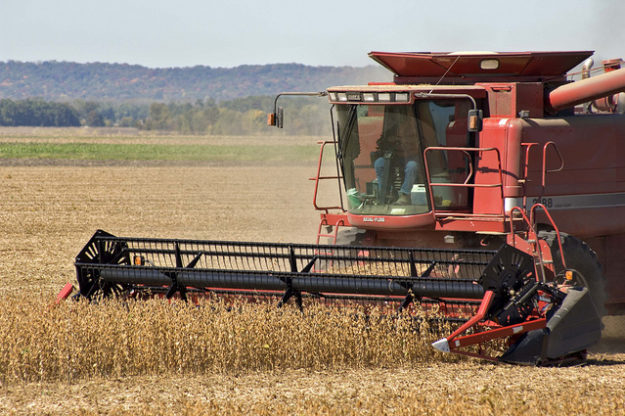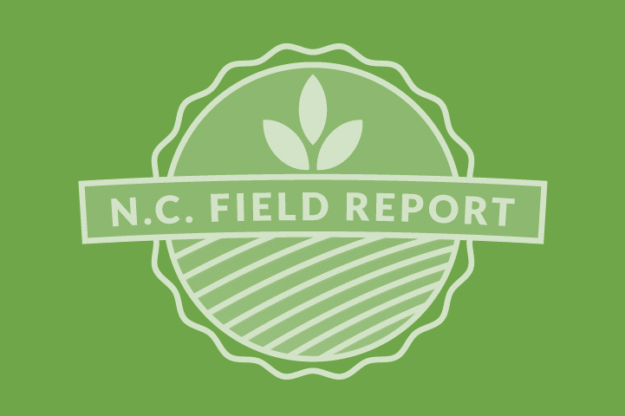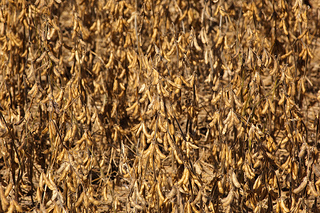Technology Resources
As you begin planning for the coming season, don’t forget the helpful collection of technology resources on the USB website. There is information on everything from farm machinery and planter innovations to management software and services for a more efficient 2018. CLICK HERE to learn more.
Details





